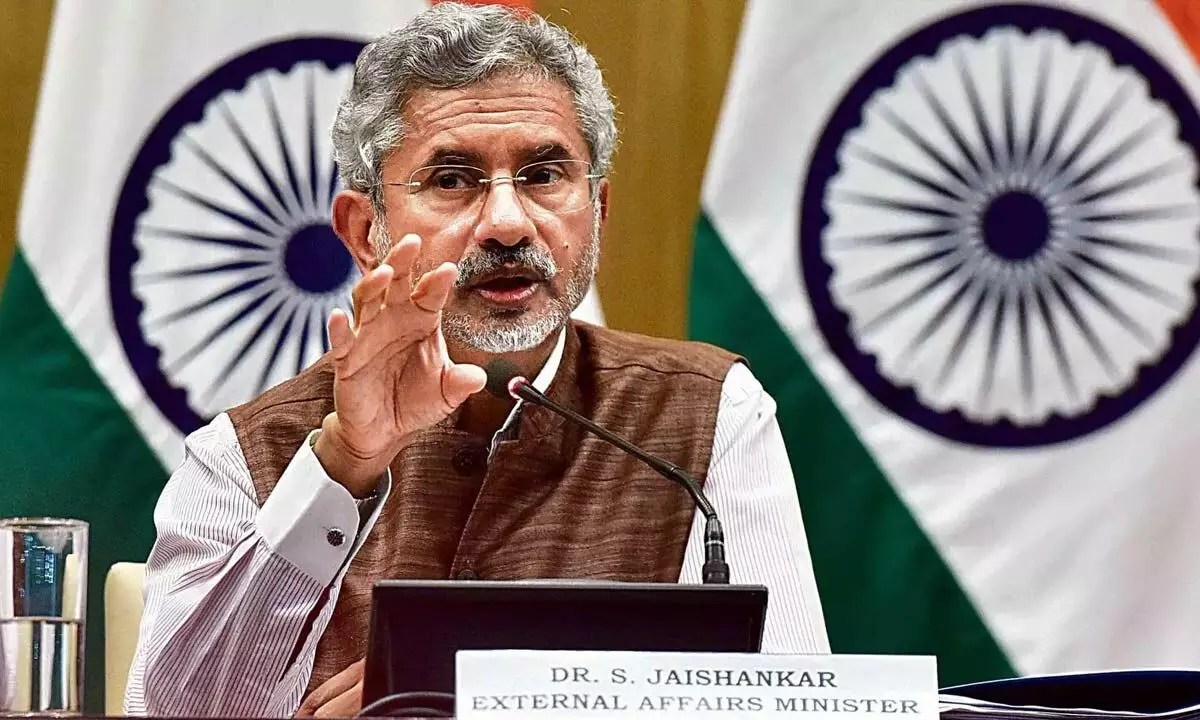Live
- Viksit Bharat Ambassador: Participants hail initiative, feel proud to be citizens of fifth largest economy
- JP Nadda Highlights BJP's Development Agenda and Achievements in Kothagudem
- Apple iPad Event: New Apple Pencil to Feature Haptic Feedback and Enhanced Gestures
- ICC T20 World Cup 2024: Kane Williamson to lead New Zealand, Conway, Ravindra, Henry included
- Assurances given by TDP-- Govinda..Govinda..'
- Training Program Conducted for Election Officials on EVM Functionality by Sangareddy District
- Several TDP BJP leaders and activists join YSR Congress Party in Visakhapatnam Constituency
- Eluru Parliament Congress Party Candidate Mrs. Kavuri Lavanya Promises Development for Kaikaluru Constituency
- Kavali People Urged to Vote Wisely in Upcoming Elections
- Chintamaneni Prabhakar's Election Campaign Gains Momentum in Denduluru Constituency









